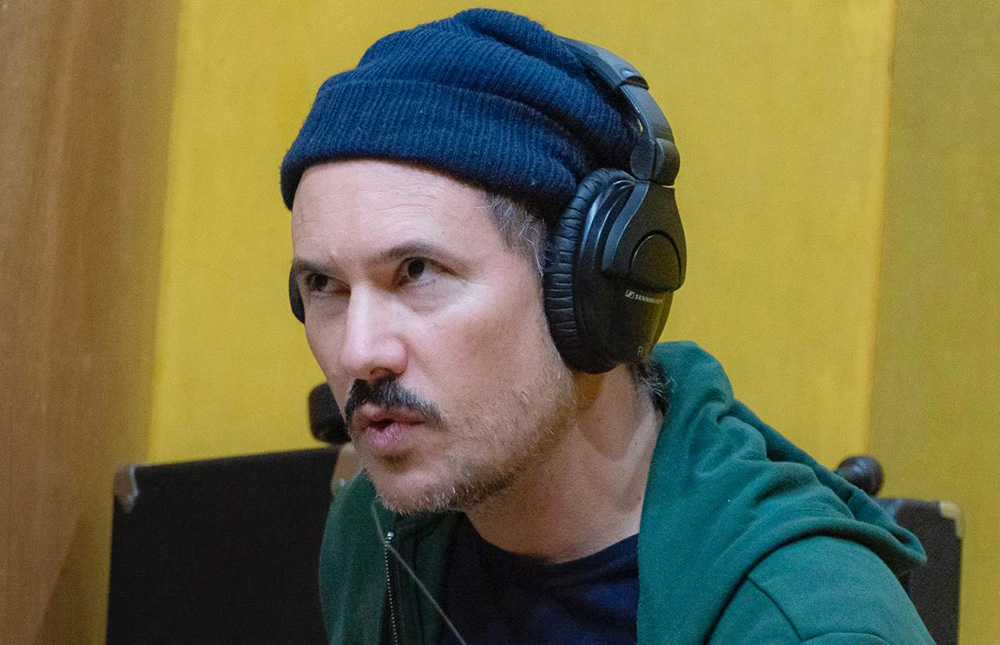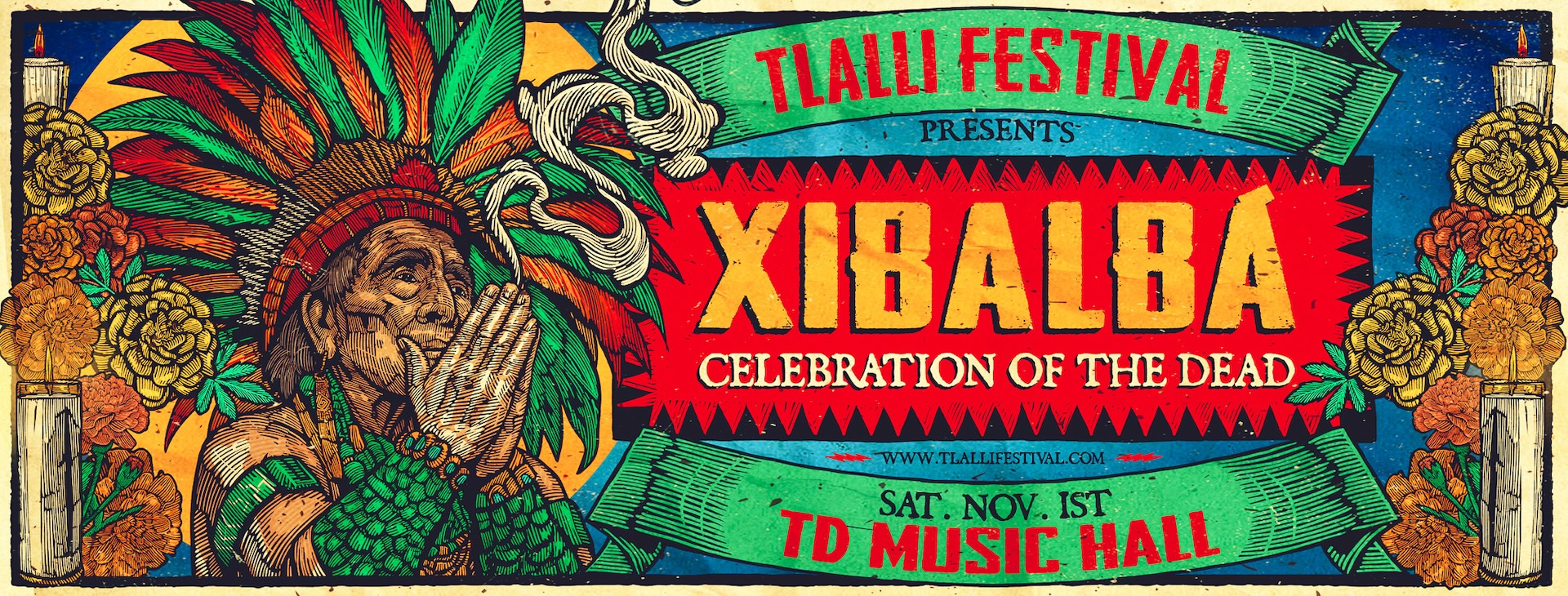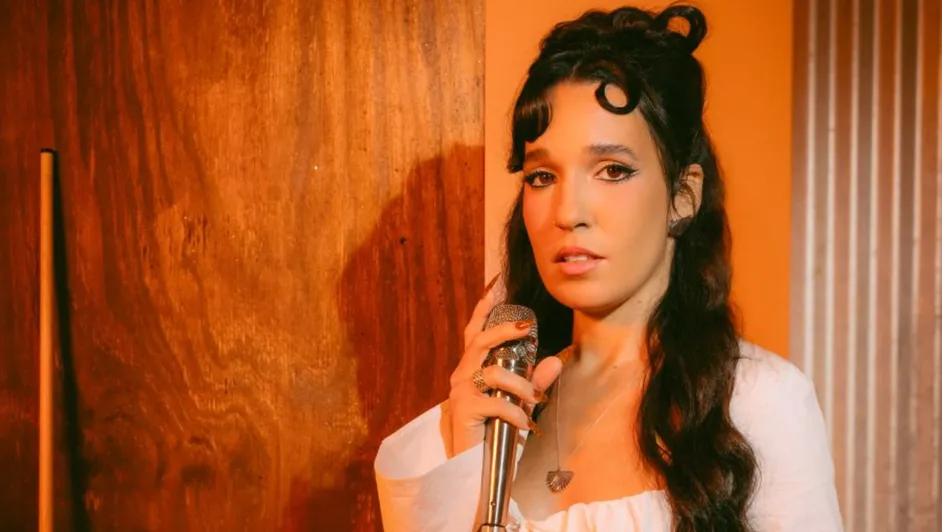An unrivaled and all-round film composer, orchestrator and conductor, Ennio Morricone is responsible for some of the best soundtracks ever. Originally from Rome, Italy, he wrote music for movies, of all kinds. Of course, some things made him stand out, like reviving a classic of American cinema, the Western. Throughout the 60s and a bit after, he masterfully scored films from directors from his country, including Sergio Leone, his greatest creative partner. It was a unique moment in the history of cinema: a group of Italians renewed the most quintessentially American film genre. This is what was popularly known as Spaghetti Western.
Morricone changed the way movies sound. Some of his most iconic scores helped define the Spaghetti Western. Leone led this film movement with his “Dollars Trilogy”, starring Clint Eastwood: 1964’s A Fistful of Dollars, 1965’s For a Few Dollars More and 1966’s The Good, the Bad and the Ugly. Unlike other working methods, the filmmaker encouraged the composer to bring the music to the set. They understood each other beyond their roles. And they agreed on everything before filming. This operation allowed Ennio to experiment with electric guitars, trumpet overlays, harmonicas, onomatopoeias, human whistles and animal howls, all to evoke the atmosphere of the Wild West.
Ennio Morricone might be the first major film composer to be influenced by rock music. But the reverse path isn’t so easy to trace, since his work is very eclectic. In the case of the Spaghetti Western, the raking is more evident. Perhaps one of the first bands to show Morricone’s influence was Babe Ruth, a British blues and prog-rock band that in 1972 included the song “The Mexican” on their album First Base. Already in the 90s, references to Morricone could be detected in post-rock bands like Tortoise. Also in names related to the soundtrack format, from Portishead to Tindersticks. Other artists took the Italian genius as a source of inspiration when orchestrating songs, from Nick Cave & The Bad Seeds to The Last Shadow Puppets.
Hermanos Gutiérrez
From its title, Hermanos Gutiérrez’s fifth album El Bueno y el Malo refers to Spaghetti Western films, especially Sergio Leone’s 1966 classic The Good, the Bad and the Ugly. Released in 2022, it’s the most epic record yet from this instrumental guitar duo, the first after signing to a label, Easy Eye Sound, and the first produced by someone as renowned as Dan Auerbach of The Black Keys. A mystical journey of 10 songs, wrapped in ghostly textures, like runaway cowboys whistling in the wind at dawn and dusk. 8 Años, El Camino de mi Alma, Hoy Como Ayer and Hijos del Sol are their four previous album – all were self-released only on digital platforms, one per year between 2017 and 2020.
“When Alejandro and I play together, it’s like we’re driving a car, like we’re taking a road trip,” says Estevan, one half of the duo, who plays mainly guitar and some percussion. His brother Alejandro plays the other guitar, as well as some lap steel. Hermanos Gutiérrez confessed to having such chemistry that they don’t need to talk when they write music together. And therein lies the magic of their intertwined guitars. Their expansive and evocative soundscapes follow the lineage of some soundtrack masters, from Morricone to Santaolalla. Originally from Zurich, Switzerland, although from an Ecuadorian family, they also show their Latin roots, influenced by old bolero singers like Julio Jaramillo.
Adrian Quesada
Always cooking up new sounds with his unique retro vibe, guitarist and producer Adrian Quesada is a great consumer and researcher of music from past decades, including many soundtracks like those of Morricone. So it’s no coincidence that the co-founder of Black Pumas curated a Spaghetti Western playlist for this special occasion.
Recently we found another excuse to celebrate Quesada’s work in 2021 rescuing Latin soul. Also, not long ago, we fell in love with his Boleros Psicodélicos, one of the solo records he released in 2022. But the lockdown allowed him to produce more material, and last year he released another album, Jaguar Sound, full of psychedelic soul that expands like a movie screen, thanks to an orchestration that refers to music films from the 70s.
“Film scores and 70s library music have always played a big part in my musical language as they paint a cinematic picture without words and that is very much something I draw influence from,” explains Adrian Quesada about Jaguar Sound. Like all his projects, this imaginary soundtrack never loses the fusional essence of this Texas-based musician, as a good heir to a border culture. He has always found a way to mix soul and funk with psychedelia, desert music and Latin rhythms like cumbia. His past includes band names such as Ocote Soul Sounds, Brownout, Grupo Fantasma and Spanish Gold. But if we must choose one to tie to Morricone’s legacy, it’s The Echocentrics, with dazzling records like Sunshadows (2011), Echoland (2012) and Echo Hotel (2016).
Calexico
Calexico’s music always sounded like a soundtrack. When they began in the mid-90s, they were linked to Morricone and his Spaghetti Westerns, pointing up that cinematic feeling. They headed into that territory by mixing the roots music of the American Southwest with the sounds of the desert and the Mexican border. Their first records even have many instrumental passages. And they usually orchestrate with few but different instruments, from marimba and accordion to trumpet and violin. But this is a band with almost 30 years of career. So naturally they’ve been changing, refining songs and expanding their sound recipe – from alt-country to mariachi music.
Calexico was born two years after its founding members, Joey Burns and John Convertino, moved to Tucson, Arizona, in 1994, as part of Howe Gelb’s band Giant Sand. At that time they also played in Friends of Dean Martinez. After good records like 1998’s The Black Light and 2000’s Hot Rail, Calexico had their breakout album with 2003’s Feast of Wire, perhaps the best balance between their cinematic sound and a treasure found in the desert with beautiful songs. Since then, they’ve moved on, releasing new albums and expanding their pursuits, with fruitful collaborations ranging from the Mexican singer Carla Morrison to the Tuareg guitarist Bombino.
Don’t forget to hit shuffle on “The Legacy of Morricone’s Spaghetti Western” playlist curated by Adrian Quesada on Spotify here.

Cover photo via Adrian Quesada








